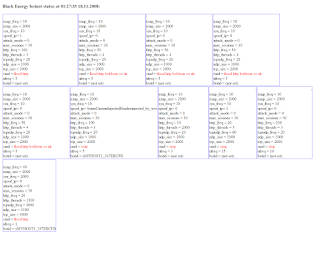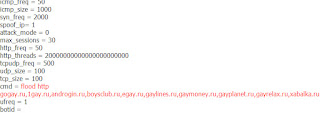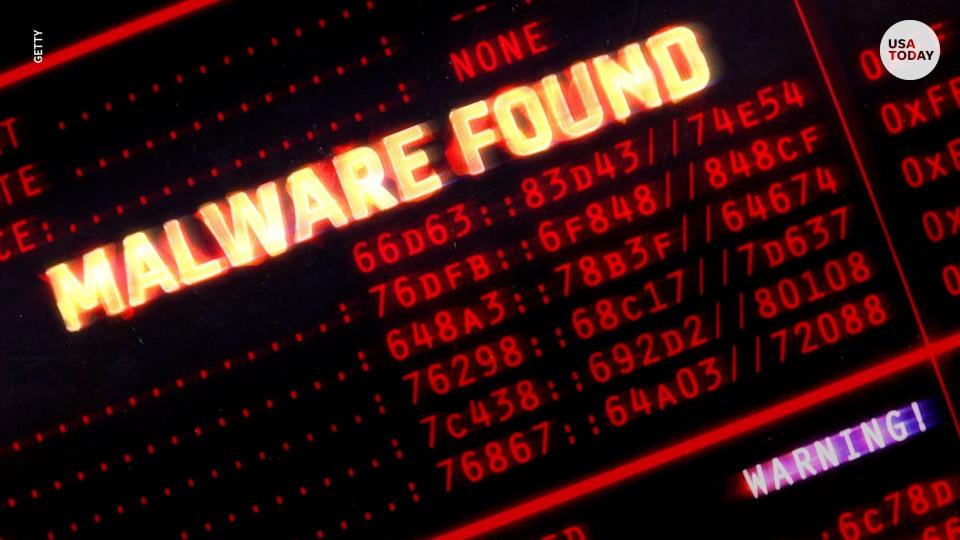Central Government ends social networking sites.. ?
In recent years, various restrictions have been imposed on social networking sites in India. Especially religious posts, violent posts, obscene posts, false news, etc. are spreading beyond limits. social media companies are also taking various measures to control this. The government has imposed restrictions on this and is taking strict measures.  Last year, the central government brought new regulations in this regard. According to the government report, it has been made mandatory for the companies to appoint officers and administrators to separately investigate and take action on the complaints received about the posts shared on social networking sites. Again there was a complaint that no action was taken if a complaint was filed. In the meantime, the central government said that a regulatory committee should be formed to investigate the matter and take action.
Last year, the central government brought new regulations in this regard. According to the government report, it has been made mandatory for the companies to appoint officers and administrators to separately investigate and take action on the complaints received about the posts shared on social networking sites. Again there was a complaint that no action was taken if a complaint was filed. In the meantime, the central government said that a regulatory committee should be formed to investigate the matter and take action. But there are no restrictions as per government announcements. Again there was a complaint that no action was taken if a complaint was filed. In the meantime, the central government said that a regulatory committee should be formed to investigate the matter and take action. The IT rules have also been changed for this purpose. According to this change, many social networking sites including Twitter, Facebook, YouTube, and instagram will also have to function within the legal framework. A user complaint should be received within 24 hours. It has been announced that action should be taken on those complaints within 15 days.
But there are no restrictions as per government announcements. Again there was a complaint that no action was taken if a complaint was filed. In the meantime, the central government said that a regulatory committee should be formed to investigate the matter and take action. The IT rules have also been changed for this purpose. According to this change, many social networking sites including Twitter, Facebook, YouTube, and instagram will also have to function within the legal framework. A user complaint should be received within 24 hours. It has been announced that action should be taken on those complaints within 15 days. The central government hopes to increase the security of the internet through this. So it is expected that fake news, posts inciting violence, and obscene posts like obscene posts will decrease after this. Due to this, the government wants social networking companies to cooperate with the government. Intermediaries were merely dictating the terms to users. But that will no longer be the case. They must not publish any illegal records. Be it the leadership of the biggest tech companies in the US or Europe, when they operate in India, they should listen to the constitutional rights of indians and not go against the government.
The central government hopes to increase the security of the internet through this. So it is expected that fake news, posts inciting violence, and obscene posts like obscene posts will decrease after this. Due to this, the government wants social networking companies to cooperate with the government. Intermediaries were merely dictating the terms to users. But that will no longer be the case. They must not publish any illegal records. Be it the leadership of the biggest tech companies in the US or Europe, when they operate in India, they should listen to the constitutional rights of indians and not go against the government. Currently, social media…
Currently, social media…







